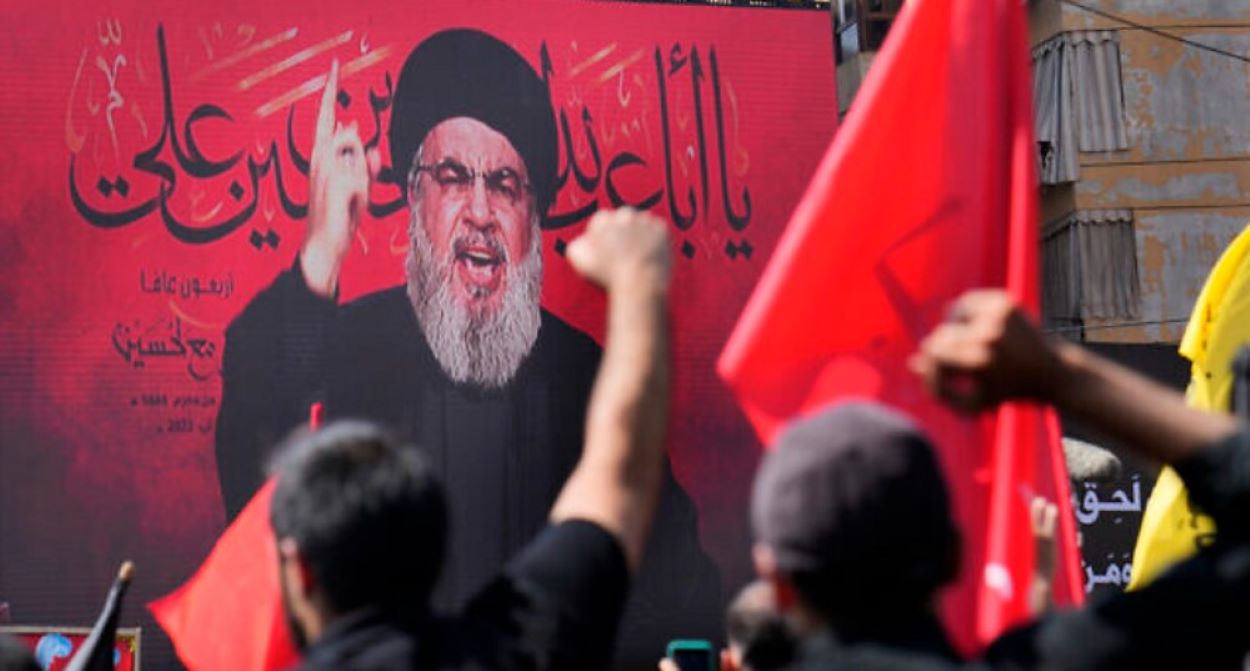Hassan Nasrallah, the chief of Hezbollah, is the sole individual in Lebanon who holds the authority to declare war or peace. He lives a life of secrecy to evade assassination threats from Israel, his organization’s chief adversary.
On Friday, Israeli strikes targeted Hezbollah’s stronghold in south Beirut, aiming at Nasrallah, as reported by Israeli broadcasters. However, a source associated with Hezbollah refuted these claims, asserting Nasrallah’s safety.
Nasrallah, who commands immense respect among his Shiite followers, possesses a more sophisticated and sizable arsenal than Lebanon’s national army and exerts considerable influence over Lebanese institutions. Since the intense 2006 conflict with Israel, Nasrallah has made few public appearances. In 2011, he briefly emerged during a religious event in Beirut, interacting with his supporters before delivering a speech via video from an undisclosed location.
In a 2014 interview with Al-Akhbar, a pro-Hezbollah newspaper, Nasrallah addressed rumours about his isolation. He confirmed his frequent changes of sleeping locations but denied living in a bunker. He emphasized that his security protocols are stringent yet do not inhibit his movements or ability to monitor ongoing events.
Known for his compelling public speaking skills, Nasrallah effectively uses humour and intensity to influence his 100,000-strong militia. The 64-year-old cleric, always clad in traditional robes and a black turban indicative of his descent from the Prophet Mohammed leads a private life with his wife and four children.
Elected as Hezbollah’s secretary-general in 1992 at 32, following the assassination of his predecessor by an Israeli attack, Nasrallah has maintained that Israel poses a continuous existential threat. His leadership has seen Hezbollah engage in frequent confrontations with Israeli forces, especially following recent hostilities initiated by Hamas.
Born into a modest family in Beirut and having studied politics and the Koran in Iraq, Nasrallah’s political involvement deepened during Lebanon’s civil war. He distanced himself from the Amal militia in 1982 to help establish Hezbollah, which gained significant traction after Israel’s withdrawal from south Lebanon in 2000.
Under his guidance, Hezbollah has grown from a guerrilla group to Lebanon’s most potent political entity, acclaimed by many Shiites for its community services yet criticized by others who oppose its influence in a nation striving for secular governance and the rule of law. His popularity in the Arab world surged post the 2006 ceasefire with Israel but faced setbacks when he supported Syrian President Bashar al-Assad’s regime since 2011.






